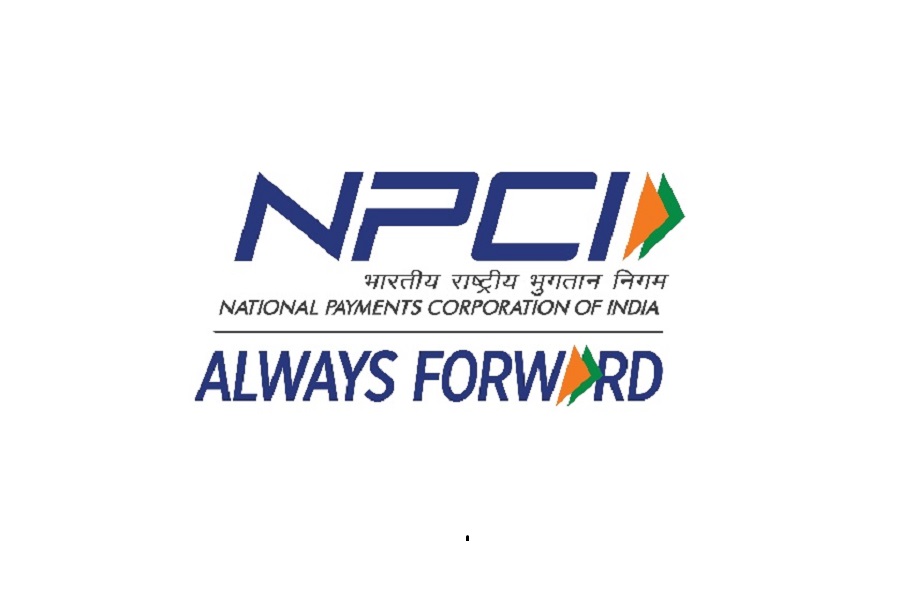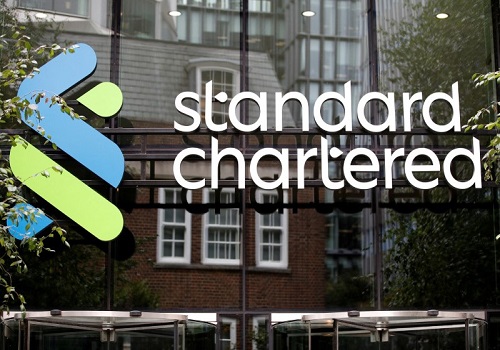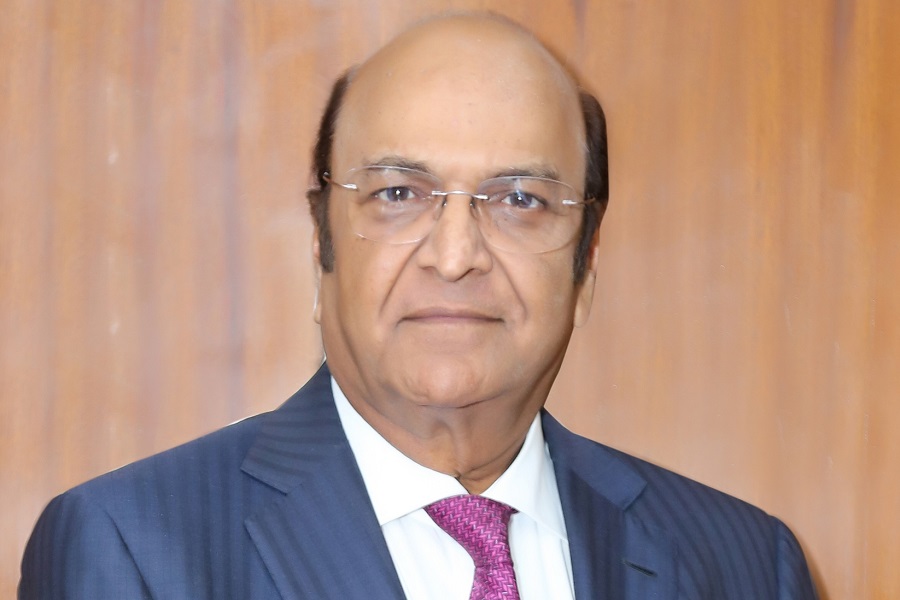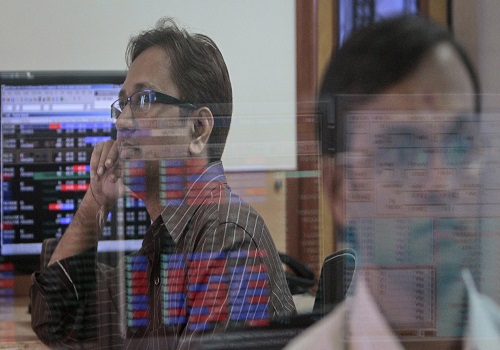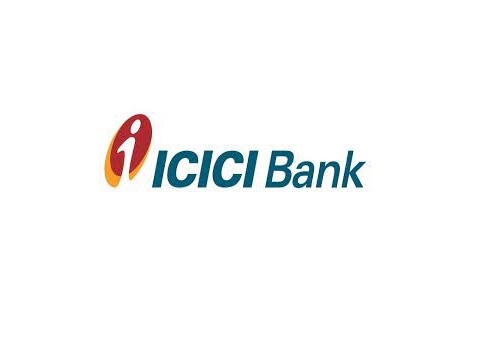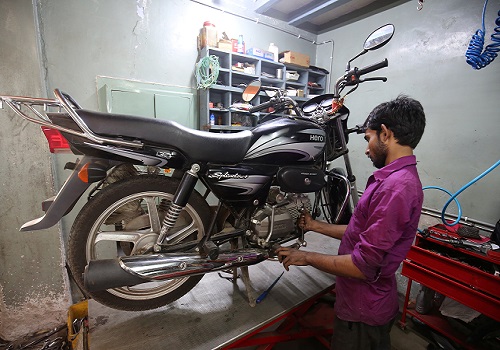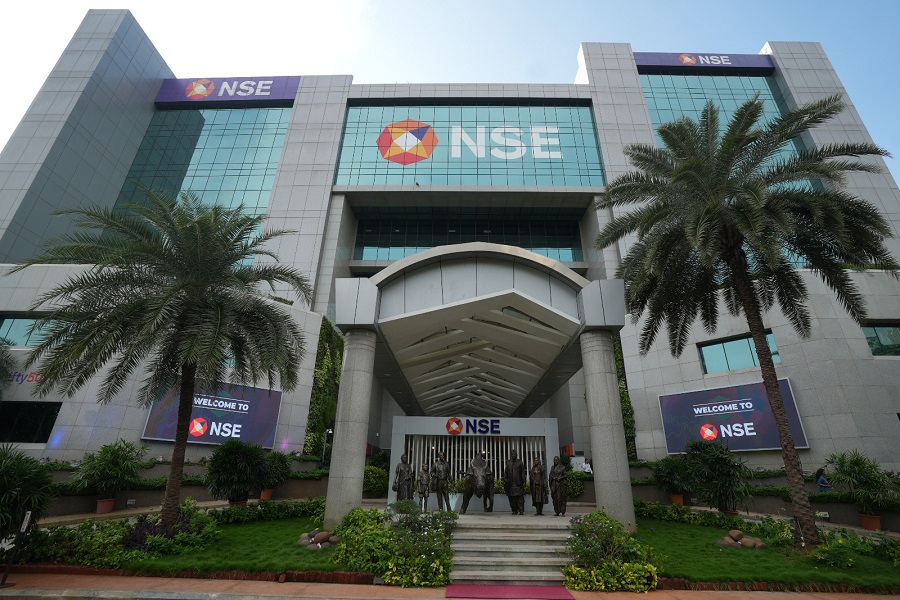India`s ICICI Bank beats quarterly estimates with record high profit
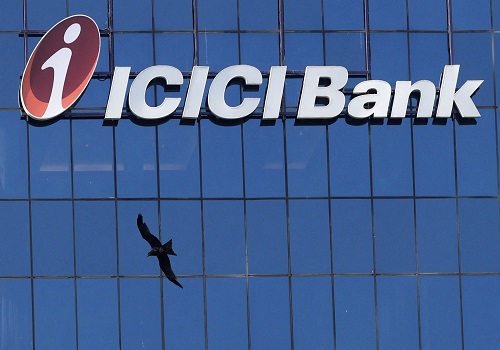
India's ICICI Bank reported a better-than-expected third-quarter profit on Saturday, helped by robust loan growth, although its net interest margin (NIM) shrank for the fourth straight quarter.
The country's second-biggest private bank reported a record high standalone net profit of 102.72 billion rupees ($1.24 billion) in the quarter ended Dec. 31, compared to analysts' expectations of 100.25 billion rupees, as per LSEG data.
ICICI's NIM - the difference between interest obtained on loans and paid on deposits expressed as percentage - fell to 4.43% from 4.65% last year. It was at 4.53% in the second quarter.
Indian lenders have been reporting double-digit loan growth consistently over the past few months owing to higher demand, but rising deposit costs have squeezed their margins.
Earlier this week, HDFC Bank, India's biggest private lender, reported weak margins for a second consecutive quarter.
ICICI Bank's total loans grew by 18.8% on-year, largely led by retail loans, while deposits grew 18.7%.
Its net interest income - the difference between interest earned and paid - rose 13.4% to 186.78 billion rupees.
Asset quality improved, with gross non-performing assets ratio at 2.30% as of December-end versus 2.48% at the end of September.
The bank has provided 6.27 billion rupees towards its exposure to alternative investment funds (AIFs), following tighter rules on such exposures by the central bank.
The exposure should give the bank returns over a period of time and the lender is in no hurry to wind down this exposure, executive director Sandeep Batra said at a media conference call.
Separately, the bank has taken a hit of around 70 basis points on its capital ratio due to the Reserve Bank of India's higher risk weights on unsecured loans, Batra added.


